SARAJEVO (Reuters) – Formula E champion Jean Eric Vergne and the president of his Techeetah team have thrown their weight behind Sarajevo’s bid to host a race in the all-electric series in 2020.
Formula E cars are on display in support of Sarajevo’s bid to host a Formula E race in 2020, in Sarajevo, Bosnia and Herzegovina November 29, 2018. REUTERS/Dado Ruvic
“I think it would be amazing to drive here,” Vergne, who was crowned Formula E’s fourth champion in July, told a news conference in the Bosnian capital on Thursday. “If there is anything I could do to push that, I will do it.”
Sarajevo was hoping to host a race in the city-based series next year, but postponed their plans until 2020.
Mayor Abdulah Skaka said the city council needed to approve a 100,000 euros ($113,720) of funding for a feasibility study with the organizers.
He added that the business community were ready to fund the event.
“We hope this event will help us re-brand the city and put it on the list of green and smart cities,” Skaka said.
Formula E announced a 13-race calendar for the 2018-19 season, the first with new-look cars that can complete a whole race thanks to improved battery technology, rather than drivers having to pit mid-race and change.
The Chinese-owned Techeetah team displayed their car for next season in Sarajevo for the first time since its premiere at the Paris Auto Show in September.
The city authorities hope that bringing a race to Sarajevo, whose plight became synonymous with a 44-month siege by Bosnian Serb forces during the war in the 1990s, would boost tourism and the economy.
“This city has a lot of history. From what we have seen, we think that Sarajevo has a great ability to host the race and from my team side I am very supportive of this,” Techeetah President Edmund Chu said.
Despite boasting some of the largest green areas in the region, Sarajevo lies in a valley surrounded by high mountains and is notoriously prone to fog.
Heavy traffic, poor spatial planning and solid-fuel based heating are mostly to blame for the poor air quality.
“This is an opportunity to turn this around,” said Skaka.
Reporting by Maja Zuvela; Editing by Daria Sito-Sucic and Toby Davis

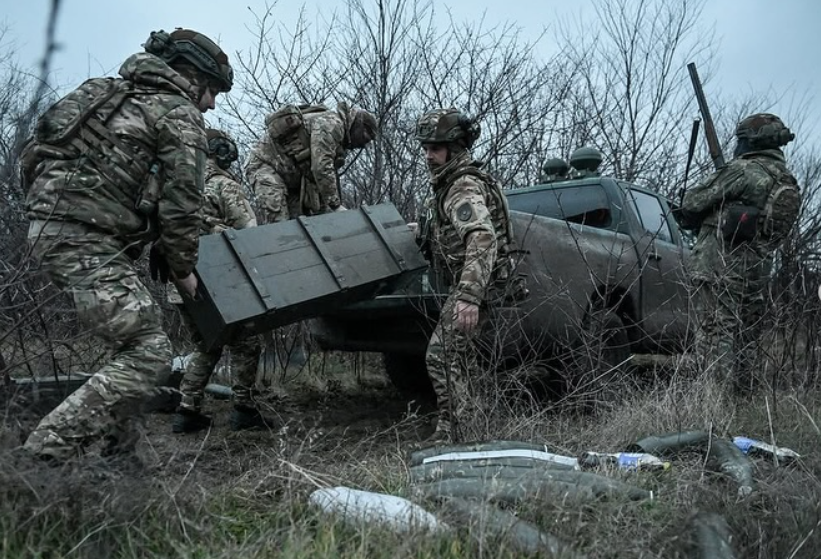
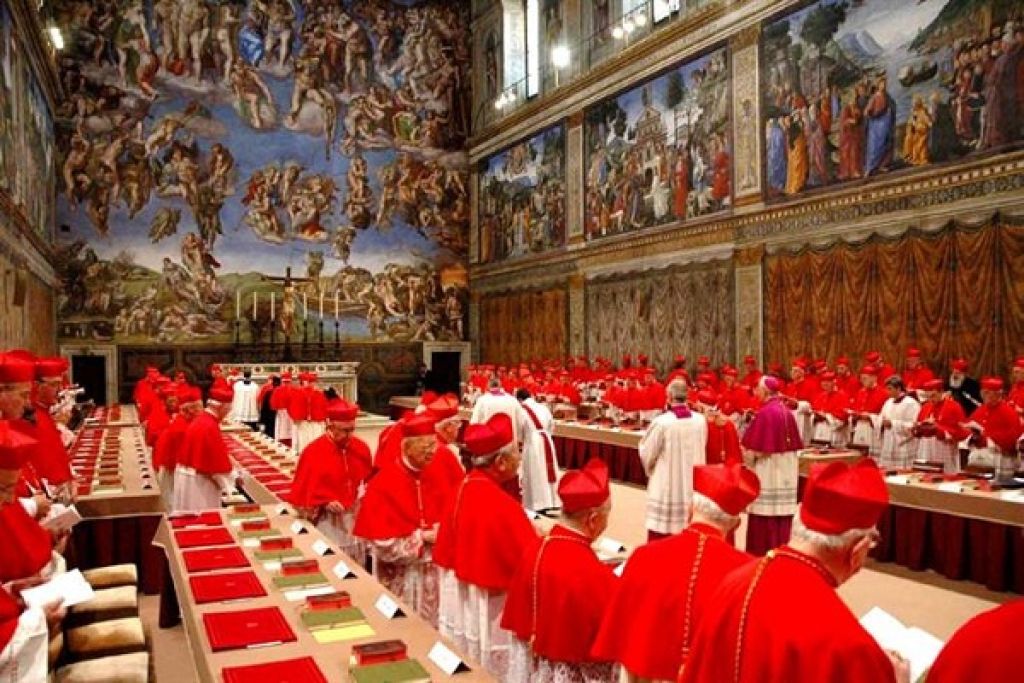
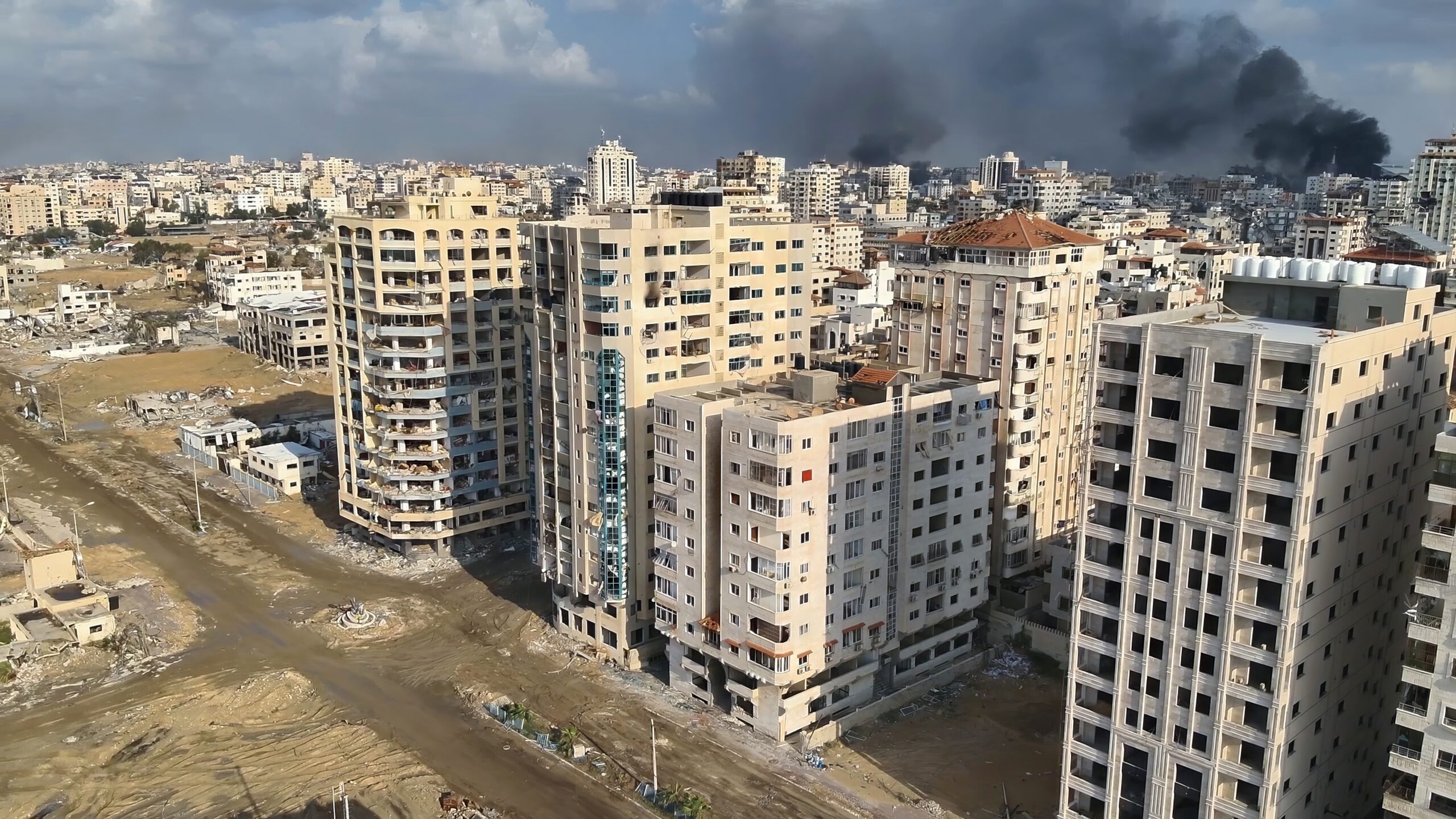
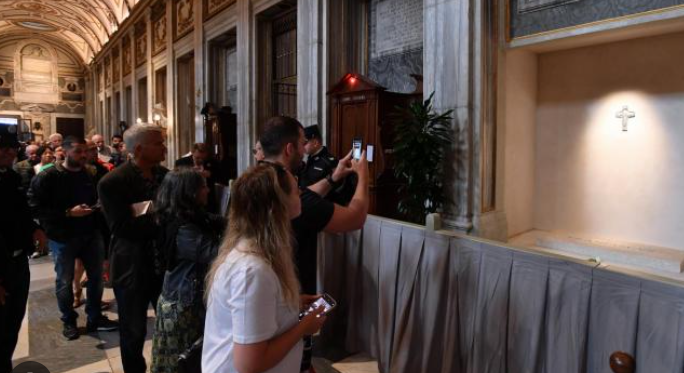
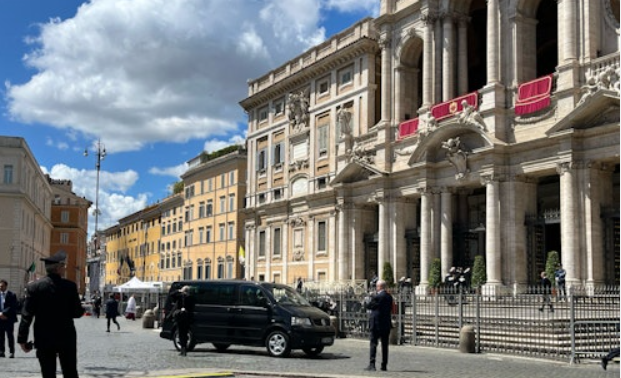
Leave a Reply